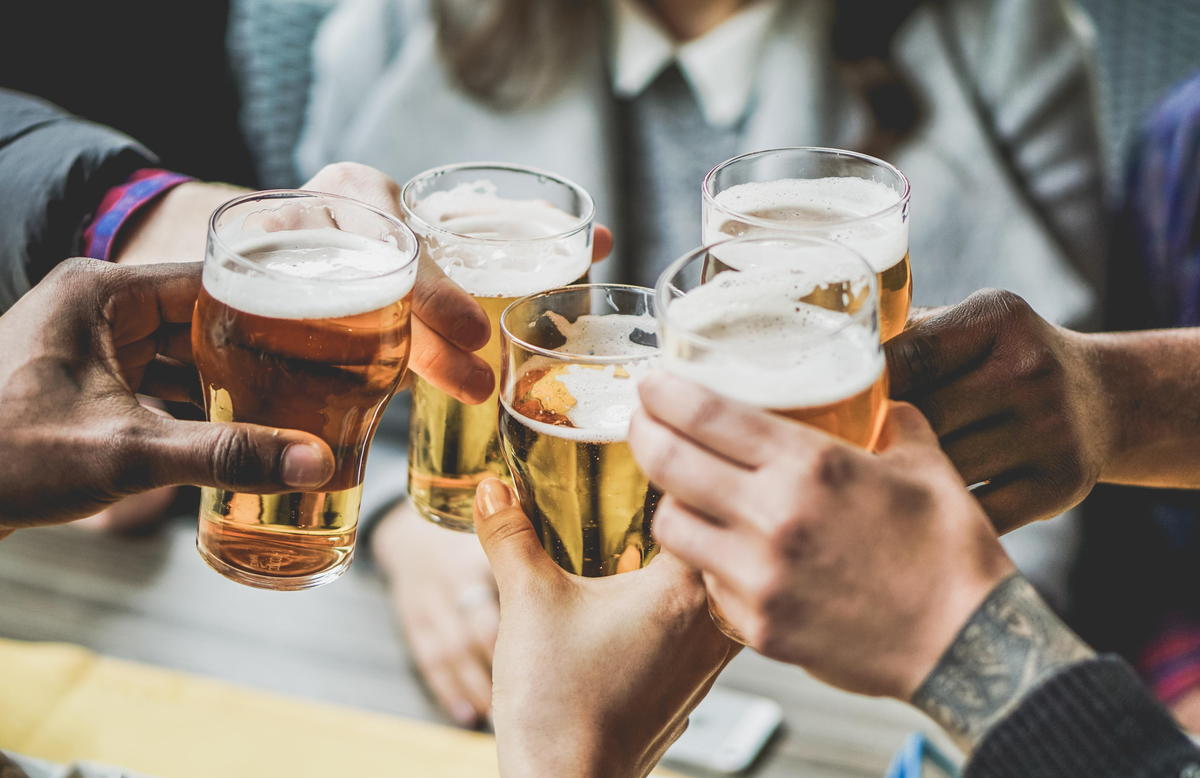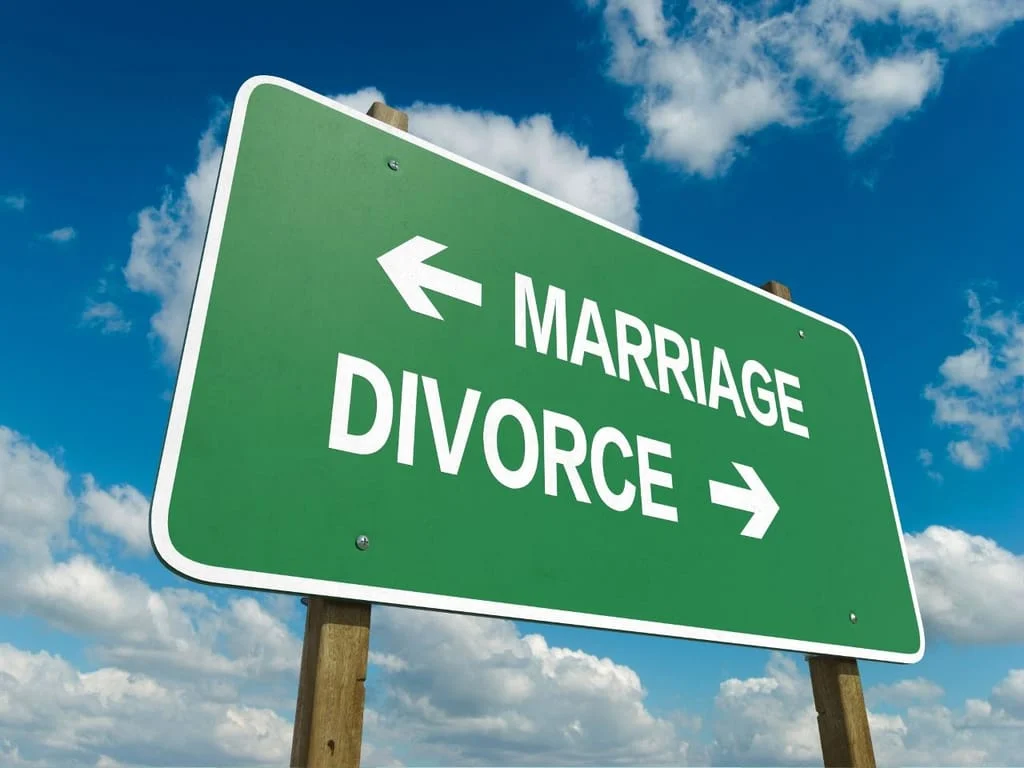The Need to Belong
I was recently watching an old and classic television program named Cheers. I was struck by the  opening theme song:
opening theme song:
“Cheers is a place where everybody knows your name and always glad to see you.”
This theme song, the opening to a program that many may consider being mediocre and silly, says a lot about society and where individuals feel they do or do not fit in. The program ran from 1982 until 1993. For a sitcom to last that long it must have hit a chord in many people.
Much of the commentary about the program focused on the themes of alcoholism, women’s issues and rights and homosexuality and, finally, romance. These commentaries are all valid but one that is missed is the need to belong. The fact is that this bar, Cheers, was a place where people could relax, find acceptance and even empathy all in the midst of comedy.
The characters are made up of misfits. One is a failed baseball player, another an accountant who loses his job, yet another is a post office worker and yet another a failed graduate student who is abandoned by her professor and lover who promised her everything and then abandoned her.
However, even misfits, failures and loners want to experience acceptance somewhere. In fact, we all do.
Two great psychologists, Baumeister and Leary, discussed the need to belong this was:
“The most influential version of the need to belong theory was proposed by Roy Baumeister and Mark Leary, whose theory put relationship needs as one of the most important needs that humans must fulfill. They compared satisfying the need to belong to securing necessities, such as food and shelter, which are needed to survive. Baumeister and Leary said that satisfying the belongingness motive requires that two aspects of relationships be met: The first part is that people need to have positive and pleasant, not negative, interactions with others. The second part specifies that these interactions cannot be random but, rather, should take place as part of stable, lasting relationships in which people care about each other’s long-term health and well-being.”
It's depressing to not belong. Isolation is rampant in our society and leads to physical and mental health problems. The worst of these problems is suicide.
The two groups most vulnerable to isolation, depression, and suicide are young adults ranging from adolescence to young adulthood and the elderly.
Help is available. If you are or know someone who is isolated and depressed please contact Dr. Schwartz at http://www.allanschwartztherapy.net or through his email at [email protected]
